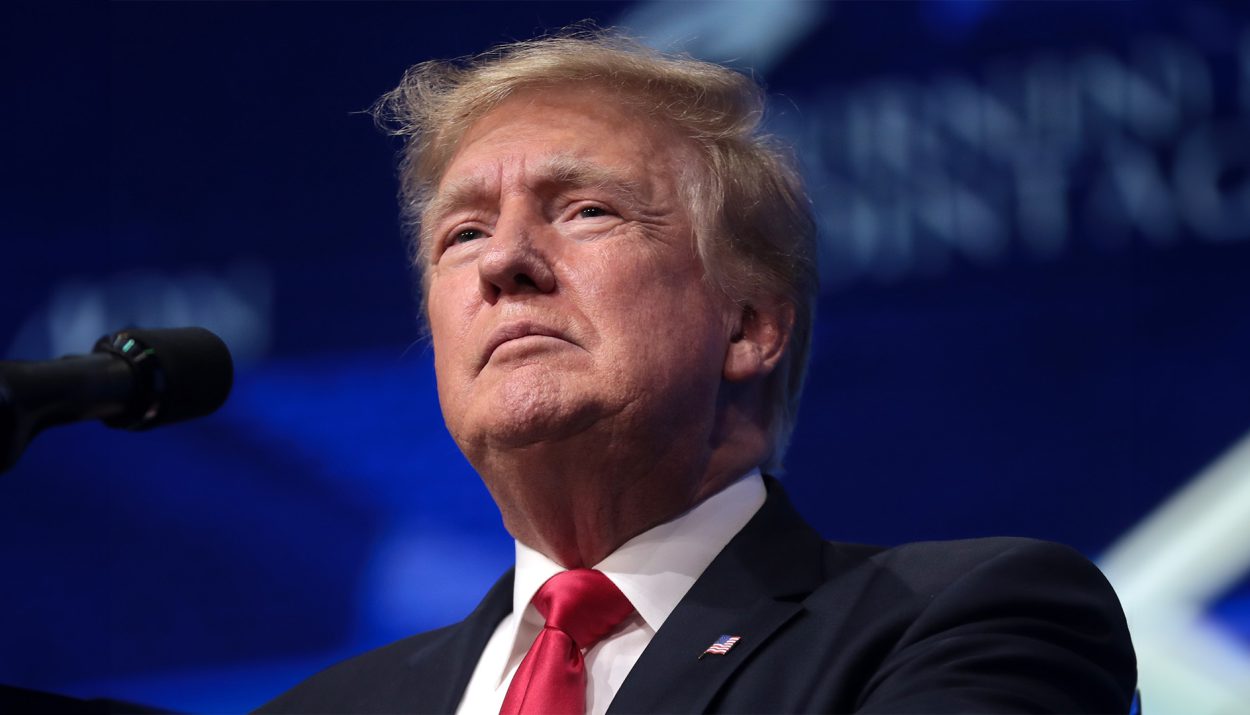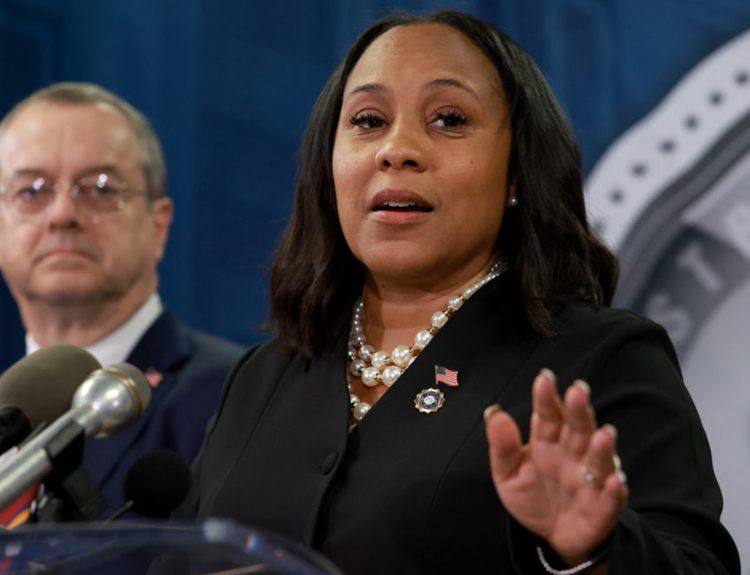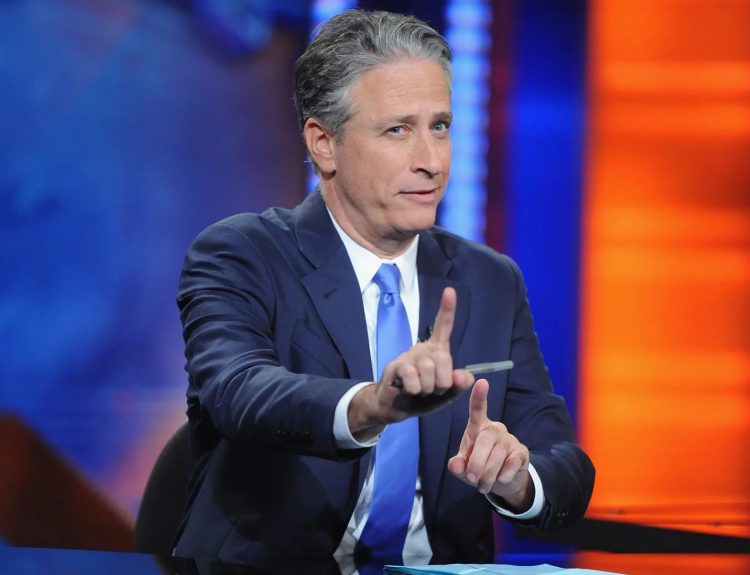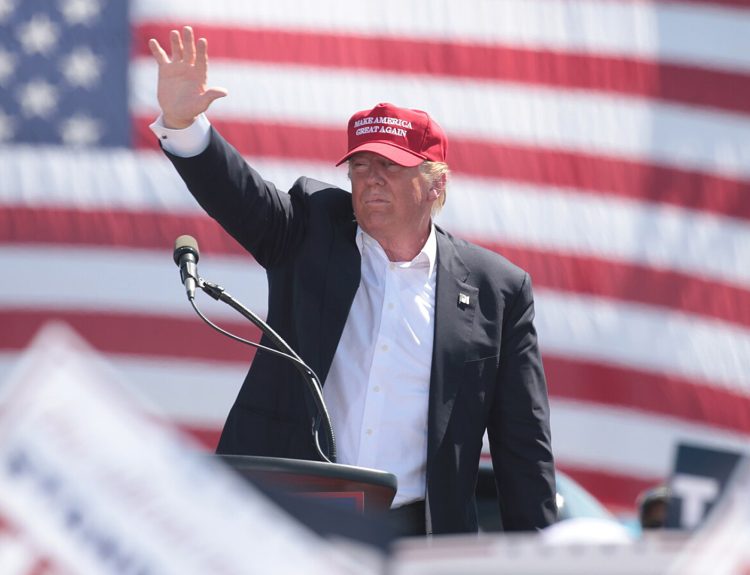Donald Trump’s legal team has stated in court documents that the New York attorney general, Letitia James, unjustly opposed his $175 million bond after the disclosed collateral supporting the bond was revealed.
The $454 Million Fine
Back in February, Trump was ordered to pay $355 million for unlawfully inflating the value of his properties. His debt grew to $454 million because of the interest levied on the original amount.
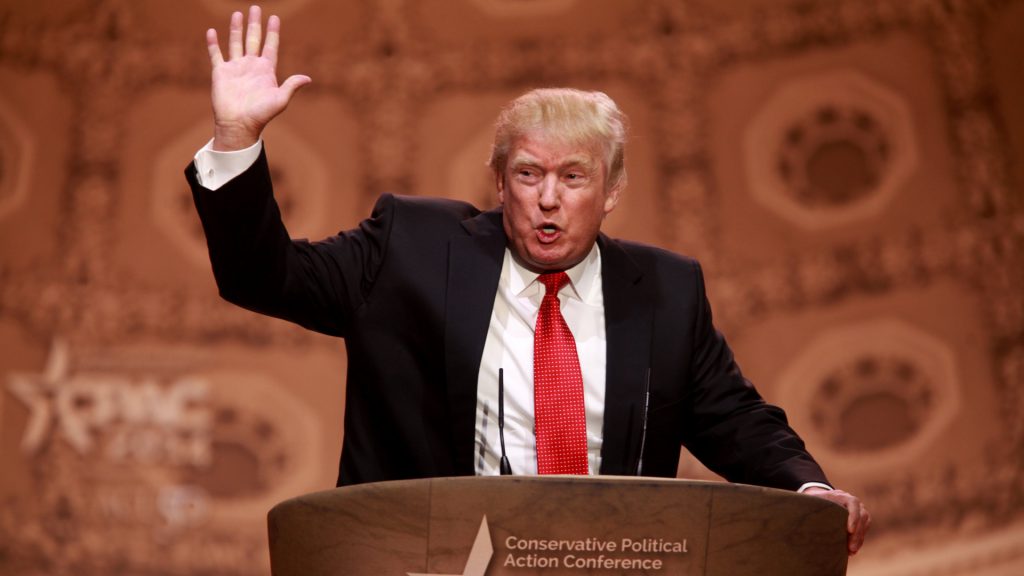
The 2024 GOP presidential nominee was compelled to post the bond if he didn’t want James to start seizing his properties and assets.
Rejection Of The Bond
The former president encountered a great deal of difficulty securing a bond in the first place.
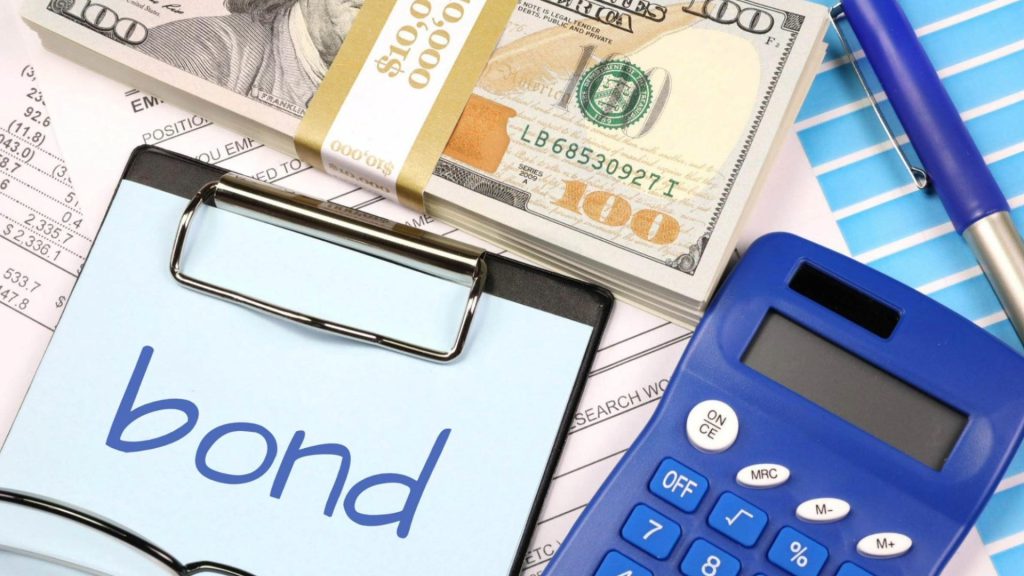
When Trump finally posted the $175 bond, James objected to it. In the court documents from April 4, she argued that the company providing the bond surety, Knight Specialty Insurance Company, was not authorized to practice in New York.
Knight Specialty Insurance Company
Knight Specialty Insurance Company is a California-based Hankey Group company.

James demanded that the defendants – including Trump and two of his oldest sons – or the bond issuing company, showcase to the New York trial judge Arthur Engoron that the company in question has the capability to pay the money.
The Comments of Trump’s Lawyer
Trump’s lawyer, Chris Kise, said to the New York Times and James’ rejection of the bond was done “to stir up some equally baseless public quarrel in a desperate effort to regain relevance.”
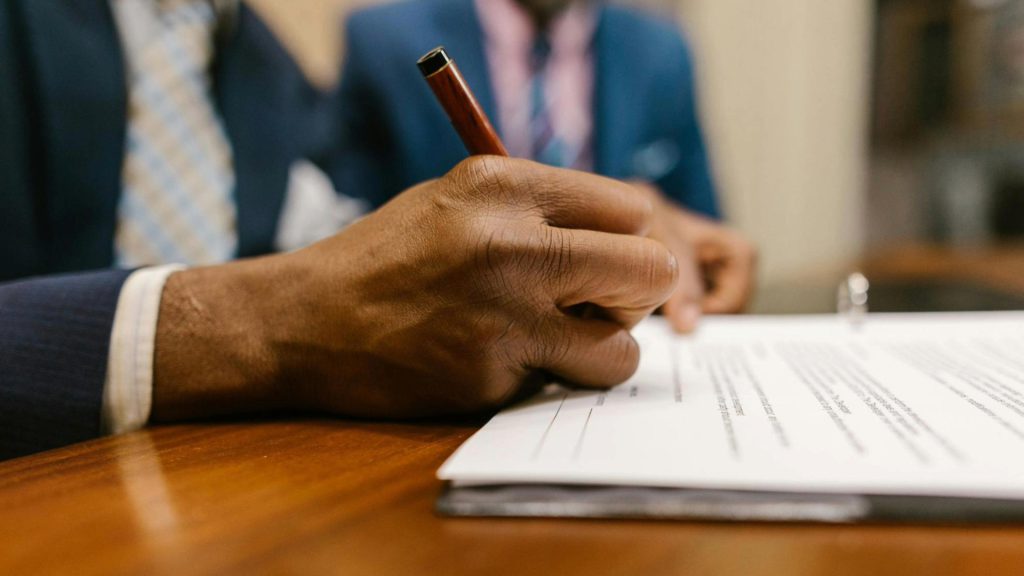
Kise claimed that the civil fraud case was itself a “baseless and vindictive political crusade.”
Reduction In bond Amount
Initially, Trump was required to present a bond of $464 million to protect his assets while appealing Engoron’s judgment.
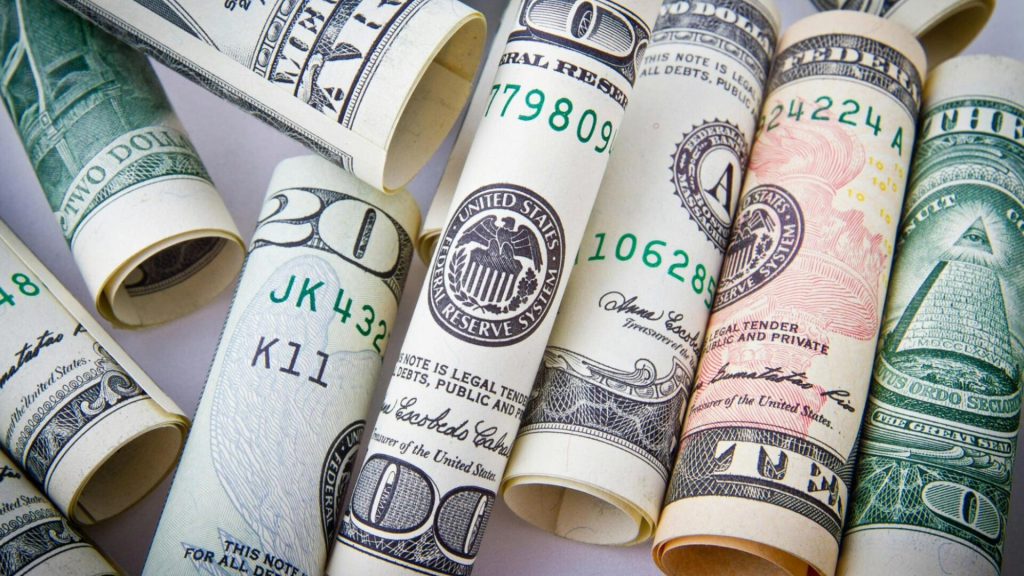
A New York appeals bond permitted Trump to post just $175 million to prevent James from seizing his assets while the appeal process was underway.
Bond Collateral
On April 15, Knight Specialty Insurance Company (KSIC) and the former president submitted an extensive array of documents showcasing that the company had the financial ability to back the bond and that Trump had provided full cash backing to support the bond.
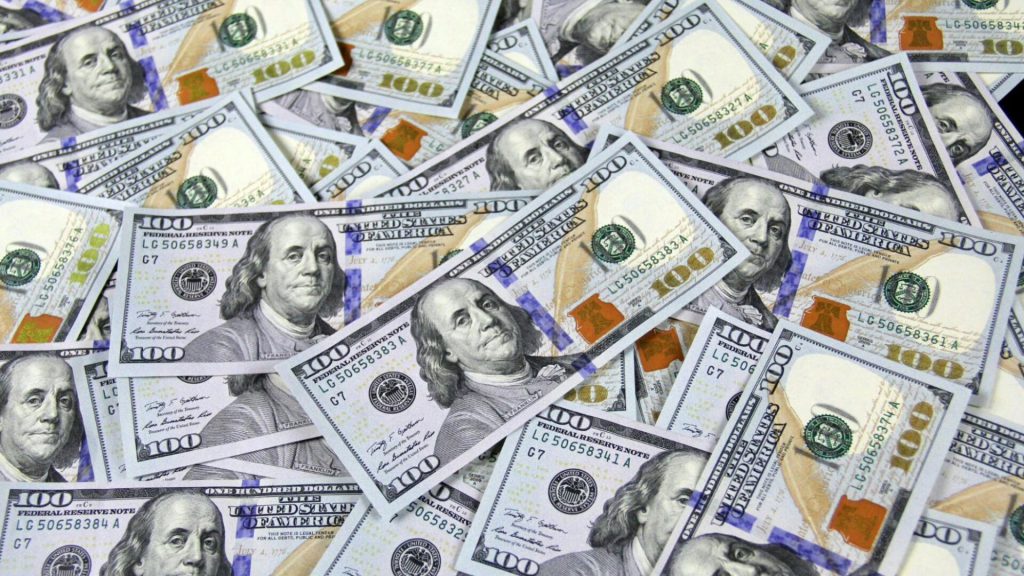
On Monday, the joint statement was submitted to Judge Arthur Engoron. The statement indicated that the company’s $175 million bond was backed by collateral of $175,304,075.95. The amount has been placed by Trump in a Charles Schwab bank account specifically pledged for this purpose.
Admitted Carrier
In the court documents, Trump’s legal team and KSIC stated, “The New York Attorney General argues that KSIC is a ‘non-admitted carrier’ but there is simply no requirement that a surety be an ‘admitted carrier.’”
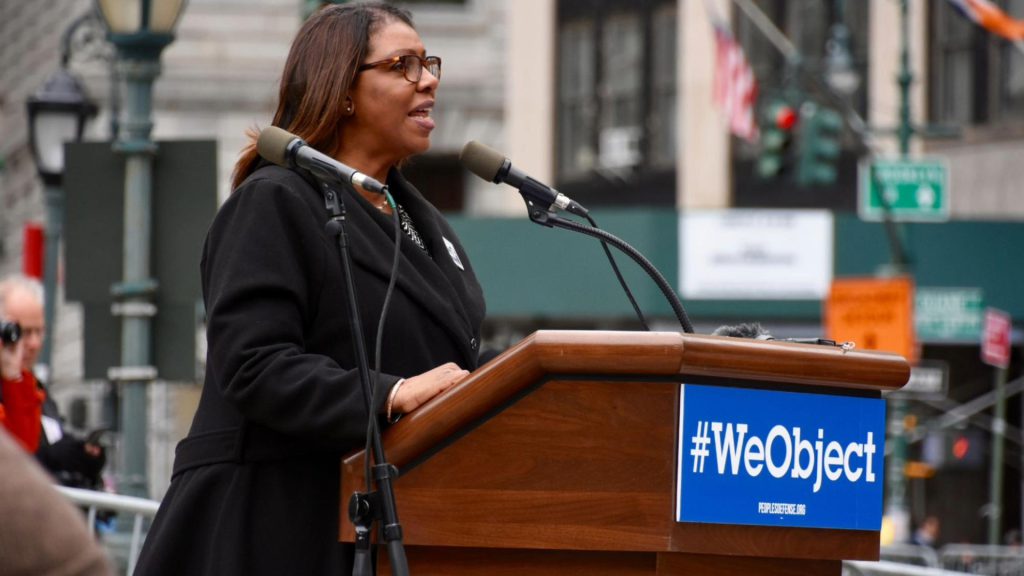
Trump and KSIC contended that James is in the wrong by insisting that the company does not have adequate authority to provide surety in this case.
Hankey’s Statement
Billionaire businessman, Dan Hankey, the owner of KSIC, has revealed some shocking information regarding the collateral for the bond issued to Trump by his company.
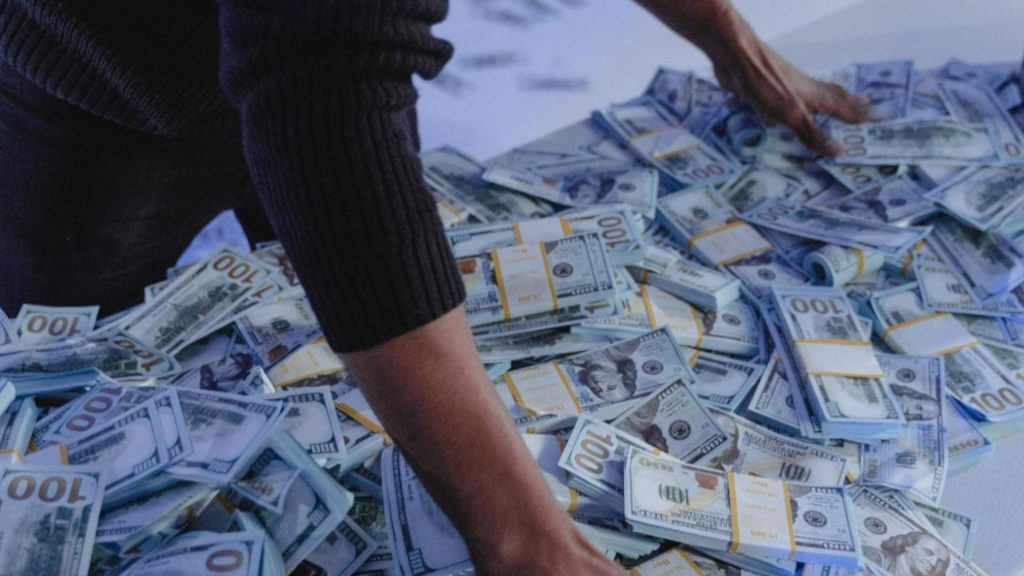
Hankey told Reuters that Trump offered “collateral for the $175 million in cash.” He also stated, “I don’t know if it came from Donald Trump or from Donald Trump and supporters.”
Language Used In The Law
Responding to James’ objection, the court documents filed by Trump’s team also stated that New York insurance law uses the terms “authorized insurers” and “unauthorized insurers” instead of terms like “admitted carriers” and “non-admitted carriers.”
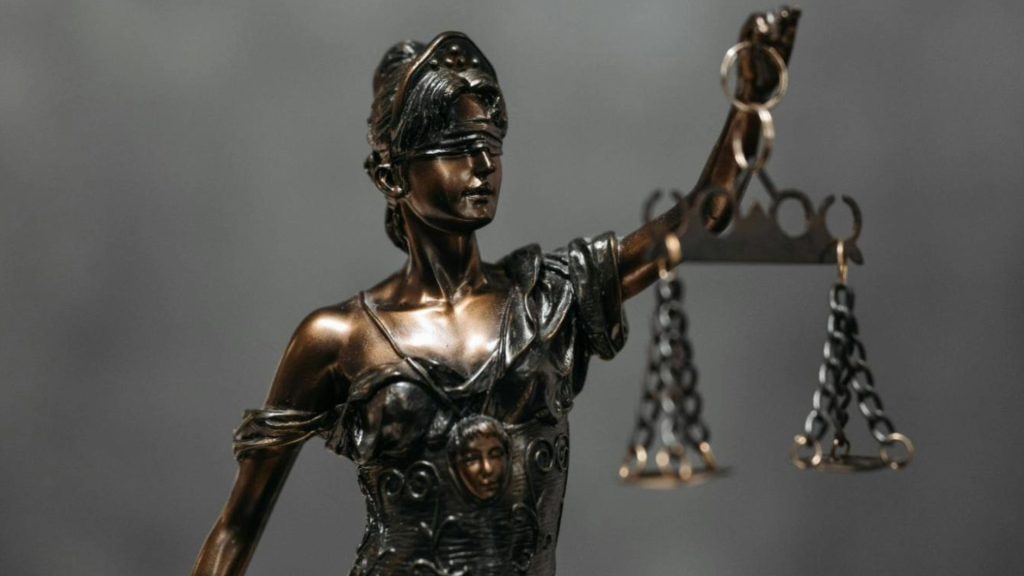
Trump’s legal team asked the court to dismiss James’ objection and instead compel her office to cover the “expenses accrued from this request.”
KSIC’s Assets
The court documents stated that KSIC “also independently maintains more than $539 million in assets and $138 million in equity and has access to more than $2 billion in assets and $1 billion in equity.”

The documents revealed that the Trump Trust, Charles Schwab bank, and KSIC have entered into a “Pledged Asset Account Control Agreement, by which KSIC can exercise the right to control the account within two business days by submitting a letter to Schwab of its intent to activate that control.”
Fully Collateralized
Presented the arguments stated above, the court documents said, “Thus the $175 million bond is fully collateralized by $175 million in cash.”
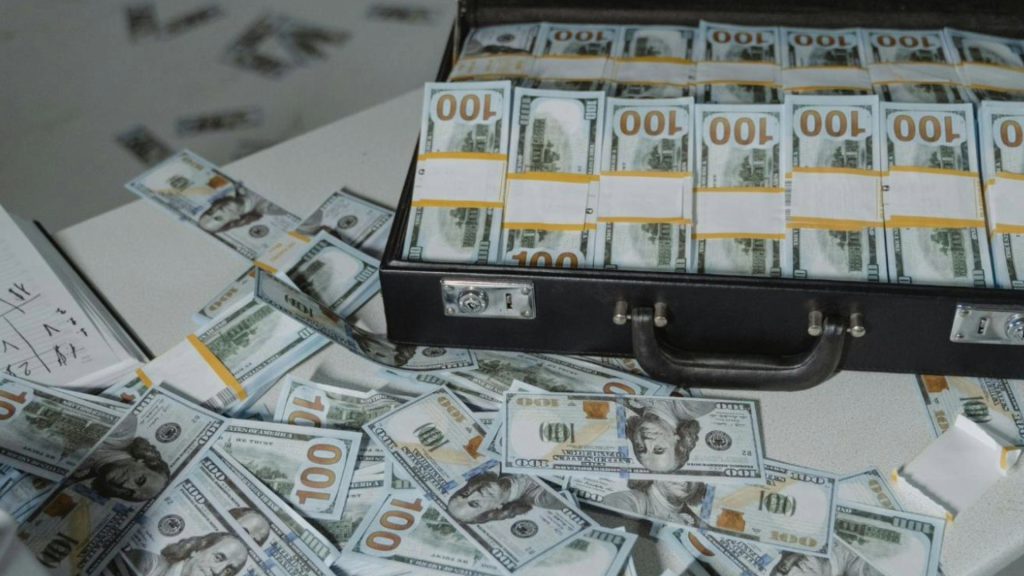
Hankey also revealed that initially he was in discussions with Trump’s representatives to explore options for the $454 million bond before the former president was able to get the amount reduced by an appeals court to $175 million.
Fee Was Too Low
Hankey didn’t reveal the exact amount his company charged Trump for the bond but he stated that the fee was “low.”
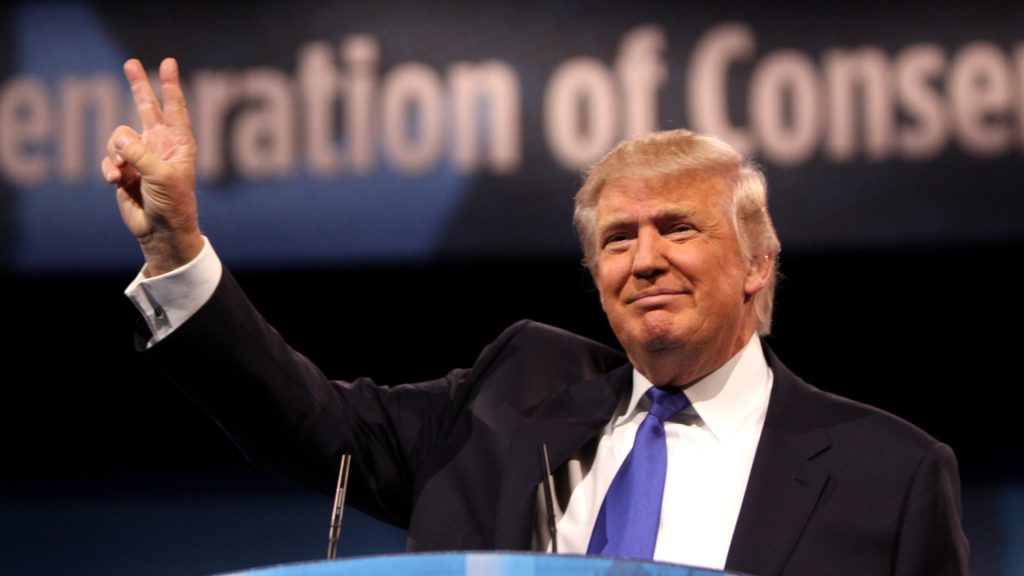
The fee was “low’ because KSIC perceived that there was “not much risk” involved.
Hankey’s “Business Decision”
Hankey has been an ardent supporter of Trump since his 2016 presidential campaign. He is also a very vocal advocate of the former president’s reelection.

However, Hankey defended the decision to issue Trump the bond as primarily a “business decision.”
Undercharging Trump
Legal experts claim that surety companies generally charge a fee ranging anywhere between “1% to 2%” of the bond’s principal amount. Hankey acknowledged that his company has likely undercharged Trump for the bond, especially given the level of scrutiny from James and the media coverage around the bond.
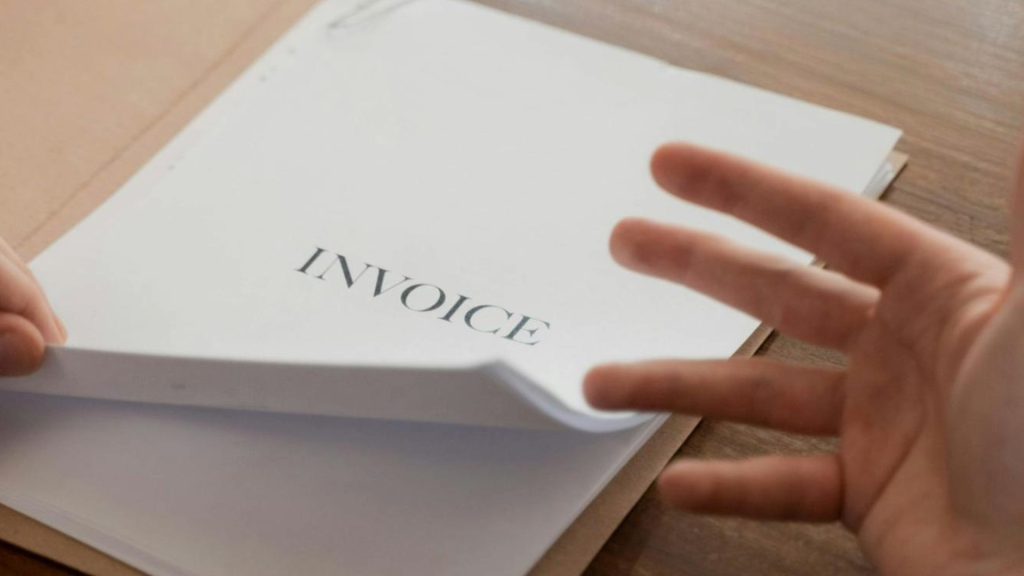
Hankey stated, “We thought it would be an easy procedure that wouldn’t involve other legal problems, and it’s not turning out that way. We probably didn’t charge enough.”

